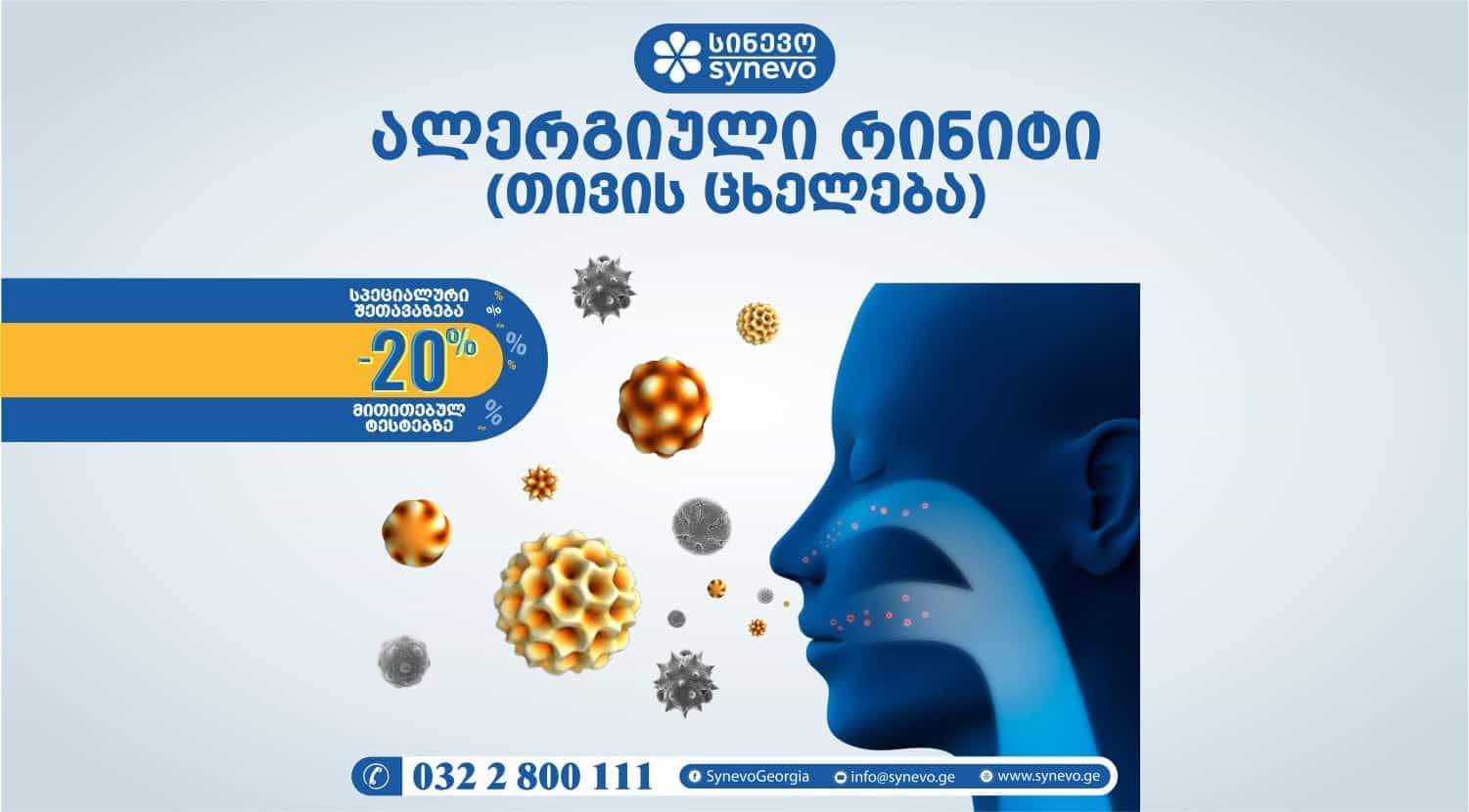
The site is temporarily down due to maintenance. Sorry for the inconvenience.
The site is temporarily down due to maintenance. Sorry for the inconvenience.
The site is temporarily down due to maintenance. Sorry for the inconvenience.
The site is temporarily down due to maintenance. Sorry for the inconvenience.
Quality & Accuracy
Experience
The latest technologies
Speed &
Credibility
₾50.00 Original price was: ₾50.00.₾45.00Current price is: ₾45.00.
C Reactive protein is one of the most sensitive reactants of the acute phase. Its concentration in plasma changes dramatically during severe injuries, bacterial infections, inflammation, surgical intervention and tumor processes.
high sensitivity C reactive protein (Hs-CRP) It is a substance that increases in the blood during inflammation, infection, surgical interventions, injuries.
Detection of high-sensitivity C-reactive protein (Hs-CRP) in low concentrations indicates prolonged vascular inflammation.
high sensitivity C reactive protein (Hs-CRP) It is an evaluable marker of the development of chronic heart disease, which can be used in practically healthy people as well.
Hs-CRP A normal, slightly increased level of cholesterol (1.0 - 3.0 mg/l) in otherwise healthy people indicates the risk of future heart attack, stroke, sudden cardiac death and peripheral arterial (atherosclerotic) diseases, even in the case when the cholesterol level does not deviate from the norm. .
A number of epidemiological studies confirm that patients, both men and women, with an increase in plasma high-sensitivity CRP have an increased risk of developing coronary heart disease and myocardial infarction.
Thus, C-reactive protein is an indirect risk factor for coronary heart disease, and its elevated plasma concentration may reflect conditions such as:
High-sensitivity C-reactive protein measures small changes in this protein that correlate with cardiovascular disease risk factors and heart disease prevention.
The high-sensitivity C-reactive protein test is more sensitive than the standard test and allows for the detection of minor changes in the concentration of C-reactive protein. It is used in the following pathologies:
A number of epidemiological studies confirm that patients, both men and women, with an increase in plasma high-sensitivity CRP have an increased risk of developing coronary heart disease and myocardial infarction.
Thus, C-reactive protein is an indirect risk factor for coronary heart disease, and its elevated plasma concentration may reflect conditions such as:
When should we do the research?
Determination of high-sensitivity C-reactive protein (Hs-CRP) is recommended:
When the high-sensitivity C-reactive protein (Hs-CRP) level is elevated, it is recommended to repeat the test in about 2 weeks.
Conducting the study is not recommended in patients with symptoms of infection or inflammation and during injuries.
Preliminary preparation: no need
Material for examination: Venous blood
Referral norms:
< 1mg/L: low risk
1-3 mg/l: medium risk
> 3 mg/L: increased risk
If the reading is > 10 mg/L, a cardiovascular cause is unlikely.
Referral norms for newborns and children:
Newborns (up to 0-3 weeks): 0.1-4.1 mg/l
Children (from 1 month to 15 years): 0.1-2.8 mg/l
Interpretation
An increase in C-reactive protein is a non-specific marker and its significance should be considered in the context of clinical data. The research does not have a screening character.
Other tests




Testing process
|
Purchase a test |
Submission of material |
|
Results Online |
Consult a doctor |

More than 1000 routine and complex/specific diagnostic tests in all major areas of clinical pathology.

48 laboratory centers in 25 cities of Georgia: Tbilisi, Rustavi, Kutaisi, Batumi, Marneuli, Telavi, Zugdidi, Zestafon, Gori, Kobuleti, Akhaltsikhe, Khashuri, Sartichala, Kazbegi, Borjomi, Samtredia, Gurjaani, Lagodekhi, Akhmeta, Ozurgeti, Poti, Chiatura , Dusheti, Kareli, New Gudauri.

Use the Synevo web platform to view results from anywhere and anytime
Use the Synevo web platform to view results from anywhere, anytime
From Monday to Saturday you can use the laboratory services at home.
☎️ Hotline: 239 38 33 or 239 40 65
577293008 (9:00-დან 17:00-მდე)
30 laboratory centers in 11 cities of Georgia: Tbilisi, Kutaisi, Batumi, Kobuleti, Zugdidi, Zestaponi, Rustavi, Marneuli, Akhaltsikhe, Telavi, Gori.
More than 3000 routine and complex / specific diagnostic tests in all major areas of clinical pathology.

"Synevo" - Providing a wide range of diagnostic services in Georgia, offering more than 1,000 routine and specific diagnostic tests in all major areas of clinical pathology. By the end of 2023, the Synevo Georgia network will include 3 clinical laboratories and 47 blood sampling units, which will perform more than 300,000 tests.
Contact information
Address: Tsinandali St. N9 (N1 Clinical Hospital area)
2021 – 2023 © Synevo. all rights reserved